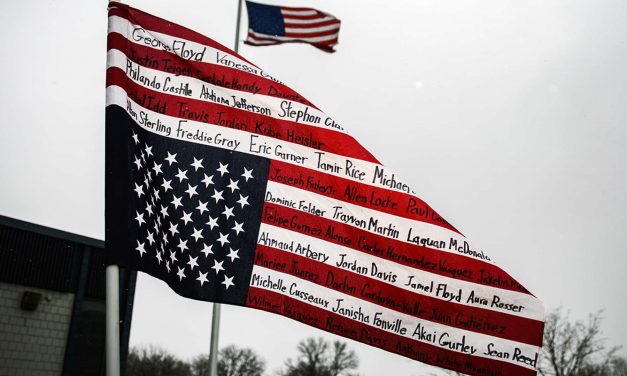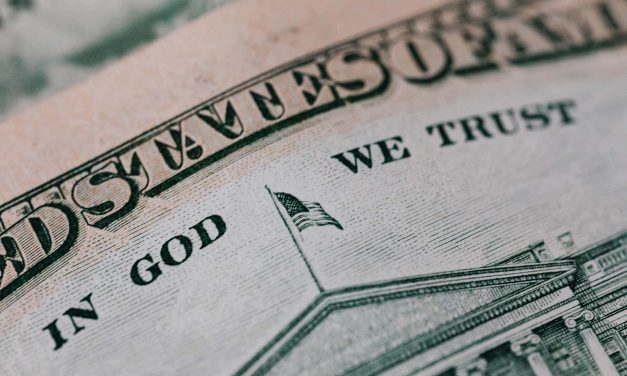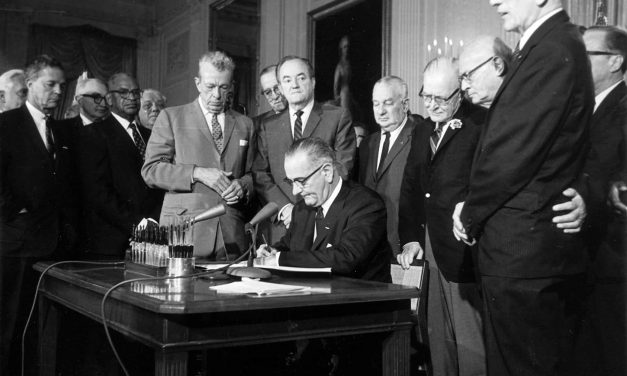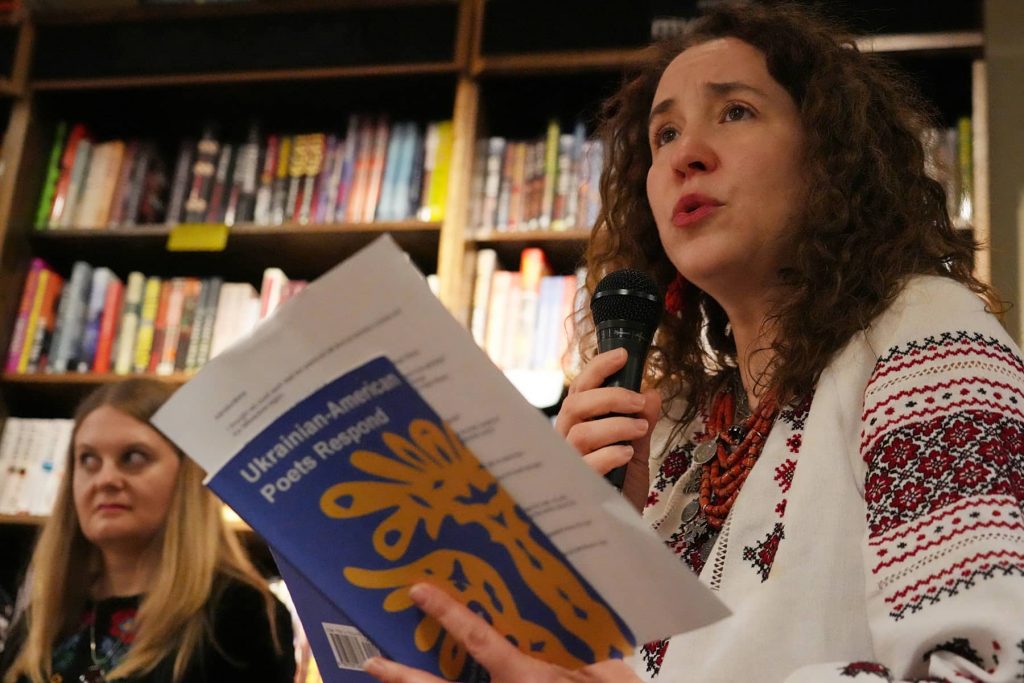A Ripple Effect: How the social trauma from police killings spirals across Black communities
By Denise A. Herd, Professor of Public Health, University of California, Berkeley It has now past one year since George Floyd’s murder by a Minneapolis police officer set off the largest protests in U.S. history and a national reckoning with racism. Beyond the protests, every police killing – indeed, every violent act by police toward civilians – can have painful and widespread consequences. Each year, U.S. police kill about 1,000 people, which equals approximately 8% of all homicides for adult men. This risk is greater for Black men, who are about 2.5 times more likely to be killed by...
Read More















